Life is Strange: It takes time to be different
Can rewind be kind to a modern adventure game?
Cher once pondered, astraddle a cannon, what she would do if she could turn back time - and I often wonder much the same thing.
Games have pondered the same question but in narrower, more focused ways. Prince of Persia: The Sands of Time found great success rewinding time, as did racing games after Grid. Undo your mistake, try again: a handy feature for a game to have. But what if it wasn't used to undo but to learn from the future, then to go back and affect the present? A kind of Groundhog Day (a film that also features a Cher song), but for games.
That's the promise of Life is Strange, a new game by Remember Me studio Dontnod. It's a modern adventure heavy on story and character development and easy on the combat, and will play out across a series of episodes on PS4, Xbox One, PS3, Xbox 360 and PC.
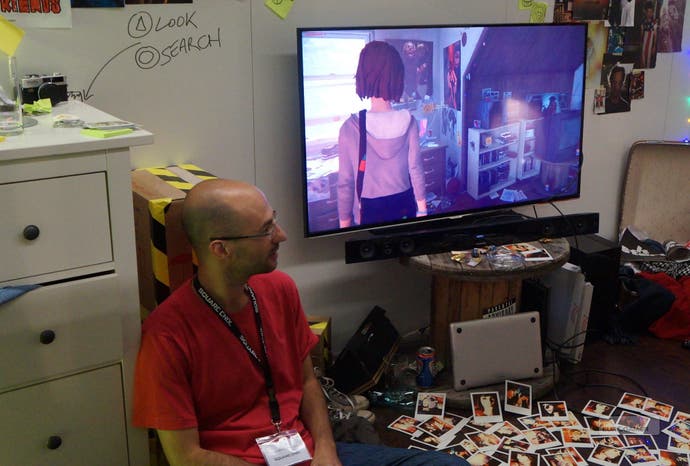
Chloe's off the rails. She's rolling a joint on her bed in a room that reeks of rebellion, slogans scrawled on the wall. She wasn't always this way, Max Caulfield, the lead character, thinks aloud. When they were best friends at high school things were different. But Max moved and Chloe's dad died, and Rachel Amber - Chloe's other close friend - disappeared. You're back in Arcadia Bay five years after you left, as a senior student, and something isn't right. Did Rachel really just disappear? This is your preoccupation and this is your reunion.
You want Chloe to take you deeper into the mystery so you tread carefully, probing gently through dialogue choices the girl you used to know. You gain ground and she warms to you, loosening up, and soon she's dancing on her bed with music blaring, asking you to take her picture - because that's what you're good at, that's what you study. But there's a shout from below: you've aggravated her stepfather, "sergeant s***head", as Chloe calls him. He stamps upstairs, pounds the door and a significant scene begins to unfold.
"How many times have I told you to stop blasting that punk s***?" he bellows. "Dude the music's not even on!" she belts back. And then to you: "Asshole." "I'm coming up. We need to talk." "No f***ing way," Chloe says to Max. "You need to hide. Now. My stepdad will kill me if he finds you here."
You scan around the room for somewhere to hide but you're slow and Chloe can't stall forever. Eventually, the stepfather barges in.
"Why is she here?" he demands to know. "None of your business." "I don't like strangers here." "Stop freaking - she's one of my friends." "Great," he says sarcastically. "Another one of your friends."
David - "Sergeant s***head" - thinks Chloe has been through his files and he's suspicious about the whereabouts of one his guns - he's ex-military, hence the arsenal. Then he smells the "grass" Chloe was smoking and wheels on her.
"It's not my pot!" she denies. "It's from Max." Then he turns to you. "Is this true?"
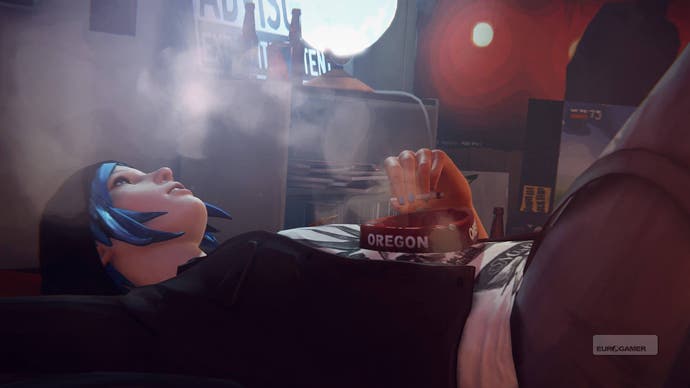
Two options are laid before you: do you help or do you protect yourself? You choose the latter, and the scene unfolds into an increasingly venomous argument until David hits Chloe. Then he leaves, stunned by his own violence, and you face Chloe alone.
"Everybody bails on me," she fumes, "even my own best friend Max, don't you? I'm so done with everybody in this town! I wish I hadn't even seen you."
"So," Dontnod co-founder and creative director Jean-Maxime interjects, "it ended pretty badly." But it didn't have to happen that way; you could carry on and face the consequences of those actions or you could, he says, "change it".
Max concentrates, hand outstretched, and time begins to rewind - all the way back to David banging on the door. And this time Max does find somewhere to hide, in the closet with Tom Cruise I mean R. Kelly I mean um just on her own.
This time there's no awkward interrogation about why you're there, and the conversation moves quickly to the missing files, the missing gun and, finally, the smell of weed. But this time you intervene, stepping out of the closet to declare: "I'm sorry, that was my joint." David doesn't ever want to see you back there but your work is done: in Chloe's eyes, you're "badass".
"None of the choices in Life is Strange are clear cut," explains Jean-Maxime. "You can always rewind and do things differently, which is going to have repercussions down the line. Some of those repercussions are short-term, some of those are medium-term and some of those are long-term. And for each one of your choices that you make there's no definite answer. Something good in the short-term might turn out worse later."
It's as in life, he quips: "Sometimes s*** happens."
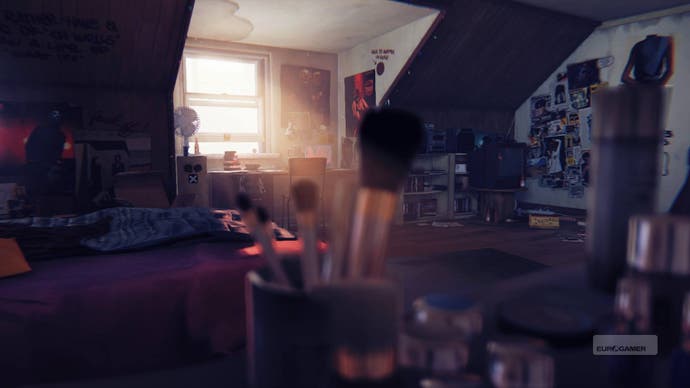
It's easy to be in this game's company. There's a painterly look that doesn't get bogged down in detail but splashes the world with colour and personality. There's the golden glow of sunlight lancing lazily through windows, and there's a bespoke indie folk soundtrack tinkling in the background, all breathy vocals and gentle, strumming guitar. "It's all part of this Pacific north-west autumnal mood that we are creating with the game," says Jean-Maxime. "We want that to permeate through every layer of story, art and sound." It's the stylistic equivalent of a comfy leather chair: a place to relax, a place to unwind.
Life is Strange is the work of a 40-person team, with high production values, motion capture and acted performances natural enough to be convincing. It's triple-A indie, according to Jean-Maxime - a game that's independent in spirit, like films at Tribeca or Sundance, but with a budget (and a publisher). "It's a triple-A indie that revolves around a mature storyline that aims at addressing some social issues - real-life social issues," pledges Jean-Maxime.
Life is Strange also features a female lead character as did Remember Me, Dontnod's last game - a politically astute decision given recent debate. "It's by the by," Jean-Maxime shrugs. "We just look at the characters that are right for the story and... that's it. The case that is being made for more female leads in games is a good one to be made, and I'm happy to be participating in that, but it's not a militant act [to have a female lead], and if it is, it's a subconscious one."
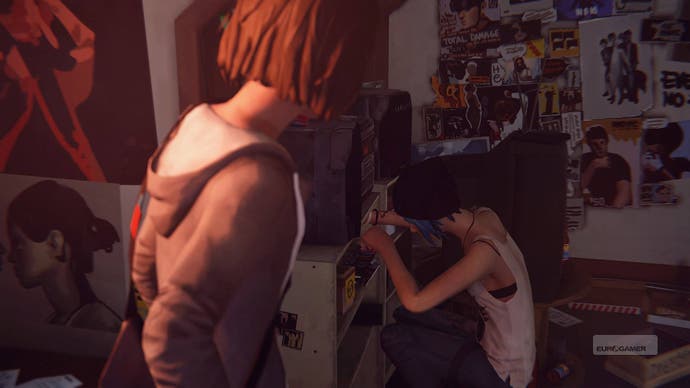
There are dollops of Twin Peaks in Life is Strange, and splashes of Heavy Rain. But it's to Telltale's The Walking Dead series, and to that studio's mastery of episodic gaming, the debt is greatest. Dontnod and Square Enix are aiming for similar pricing, similar play-lengths and similar times between episodes - a few weeks or a month. Saved games will carry over, choices remembered.
Yet the greatest triumph is that Square Enix picked a game up like this at all, and that Dontnod felt confident enough to embark on such a project to begin with. A lot of that has to do with Telltale, and to changing taste in games, and bravo to both, because different is good.
So while I find myself wondering, like Cher - a woman who also liked to do things differently - what I would do if I could turn back time, I also realise I don't want to. Life is good.
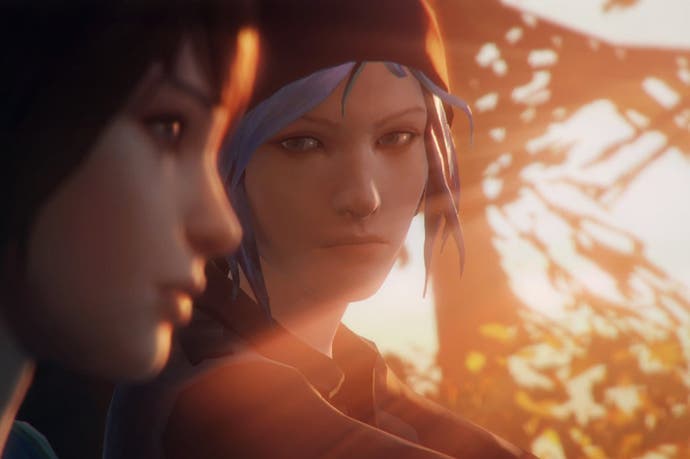

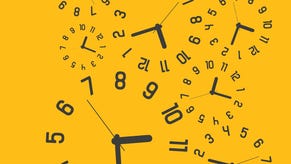

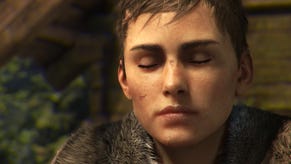
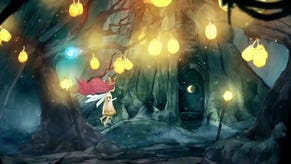
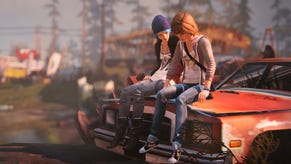
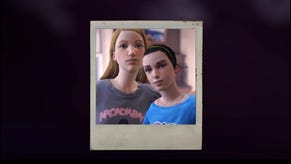
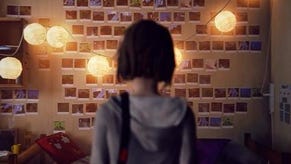
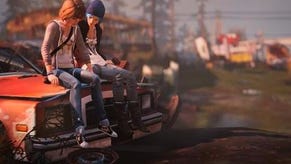



.png?width=291&height=164&fit=crop&quality=80&format=jpg&auto=webp)



